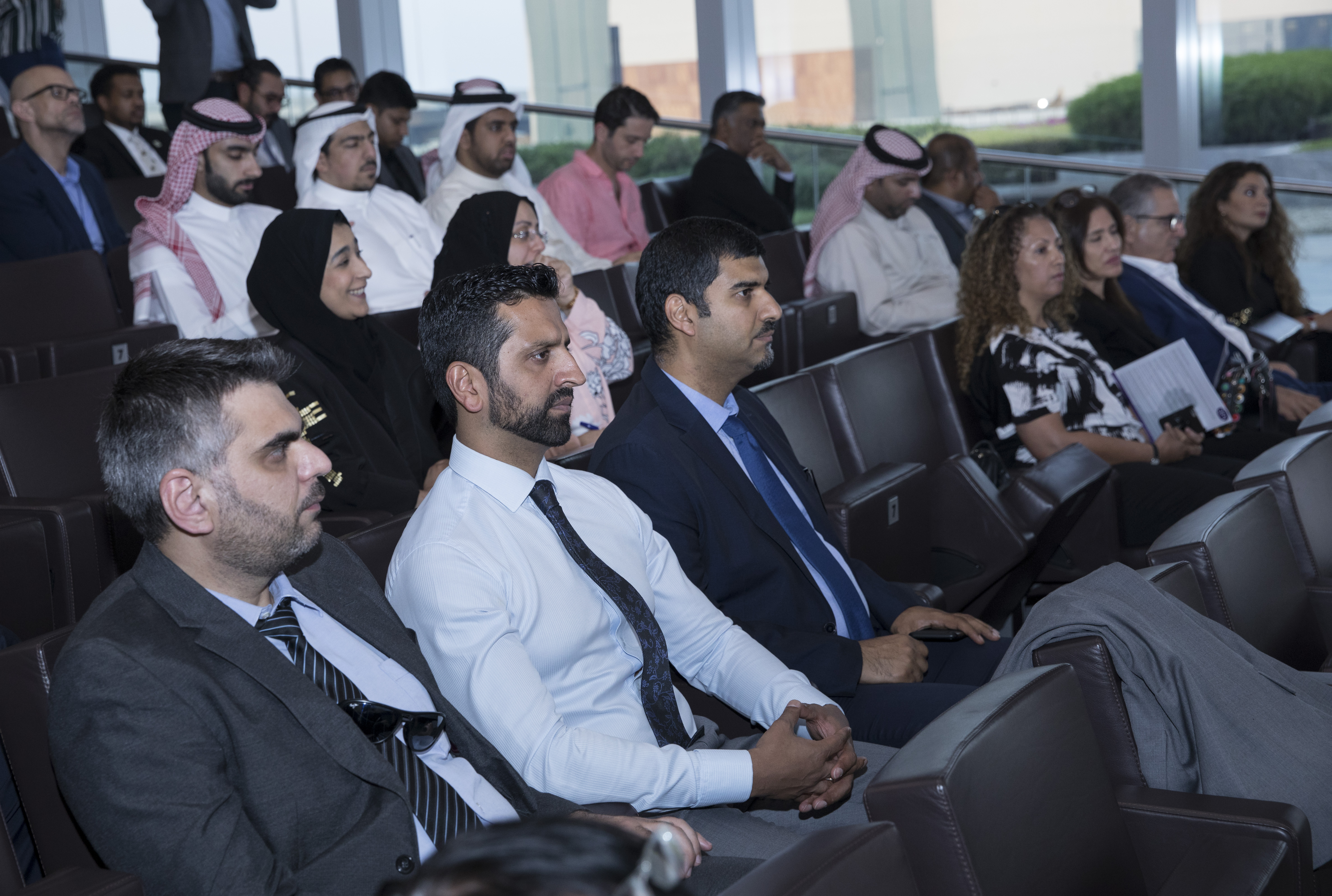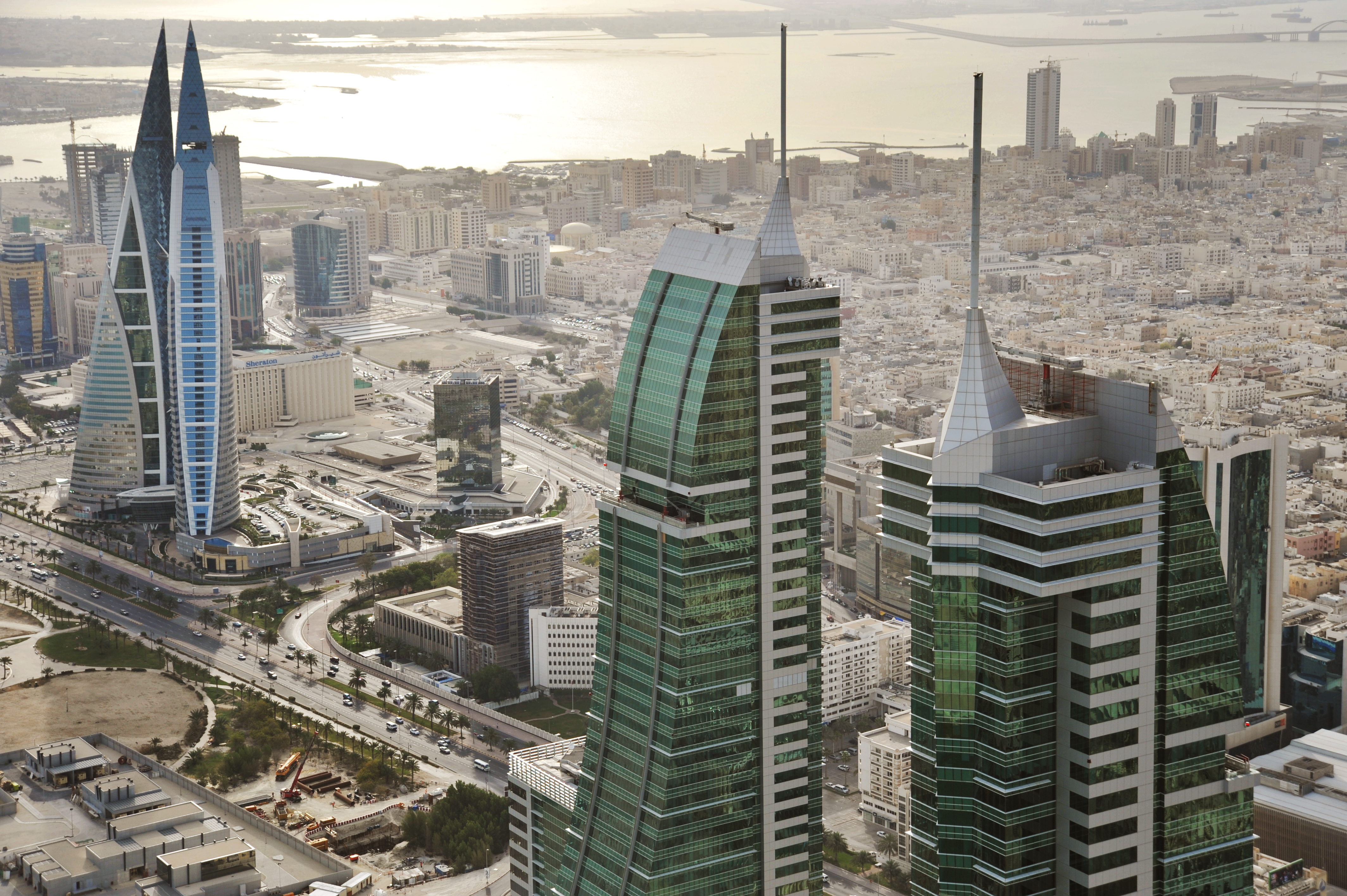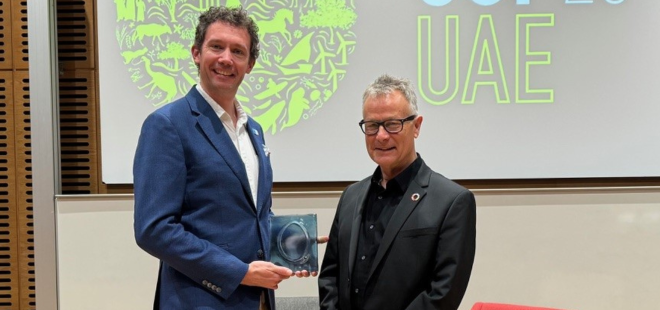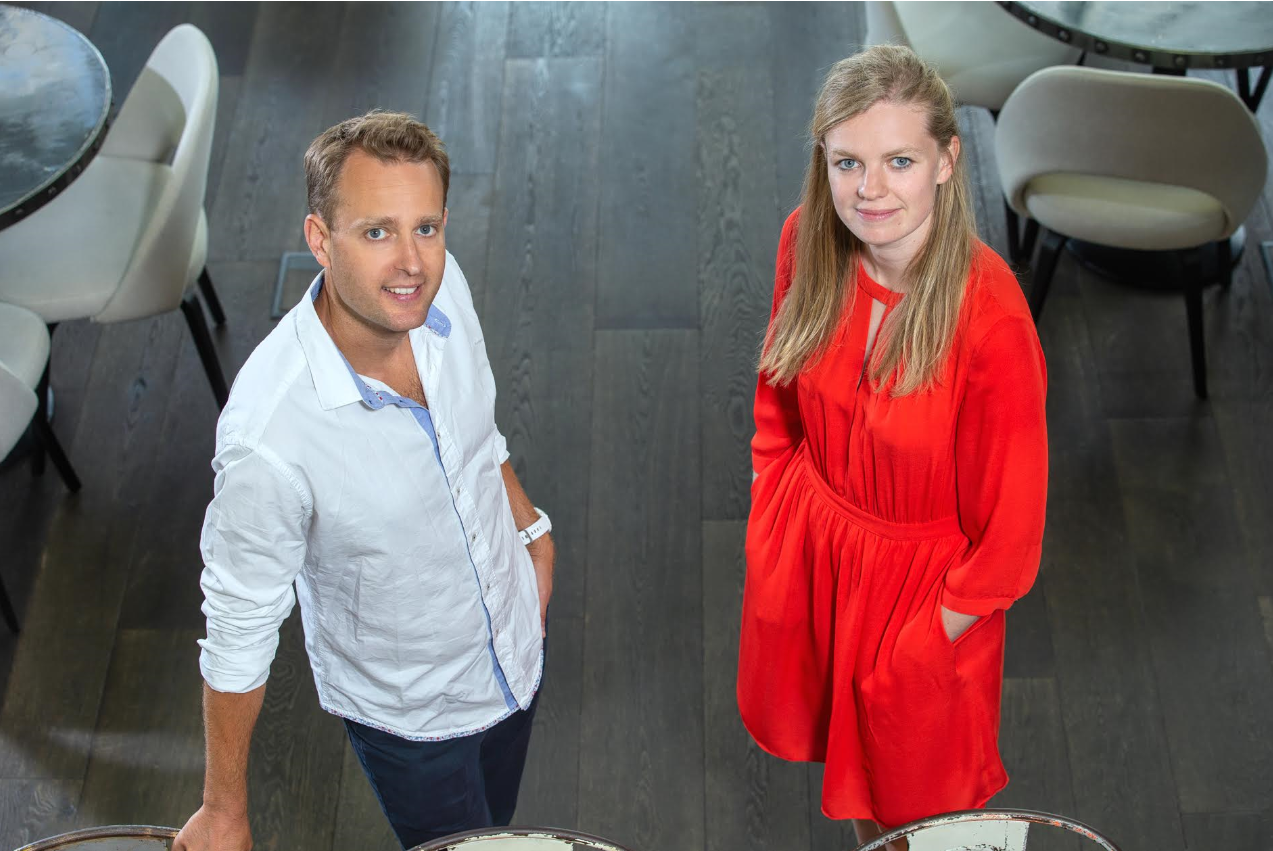World Entrepreneurship Investment Forum presents Wissam Fatouh, Secretary General of the Union of Arab Banks
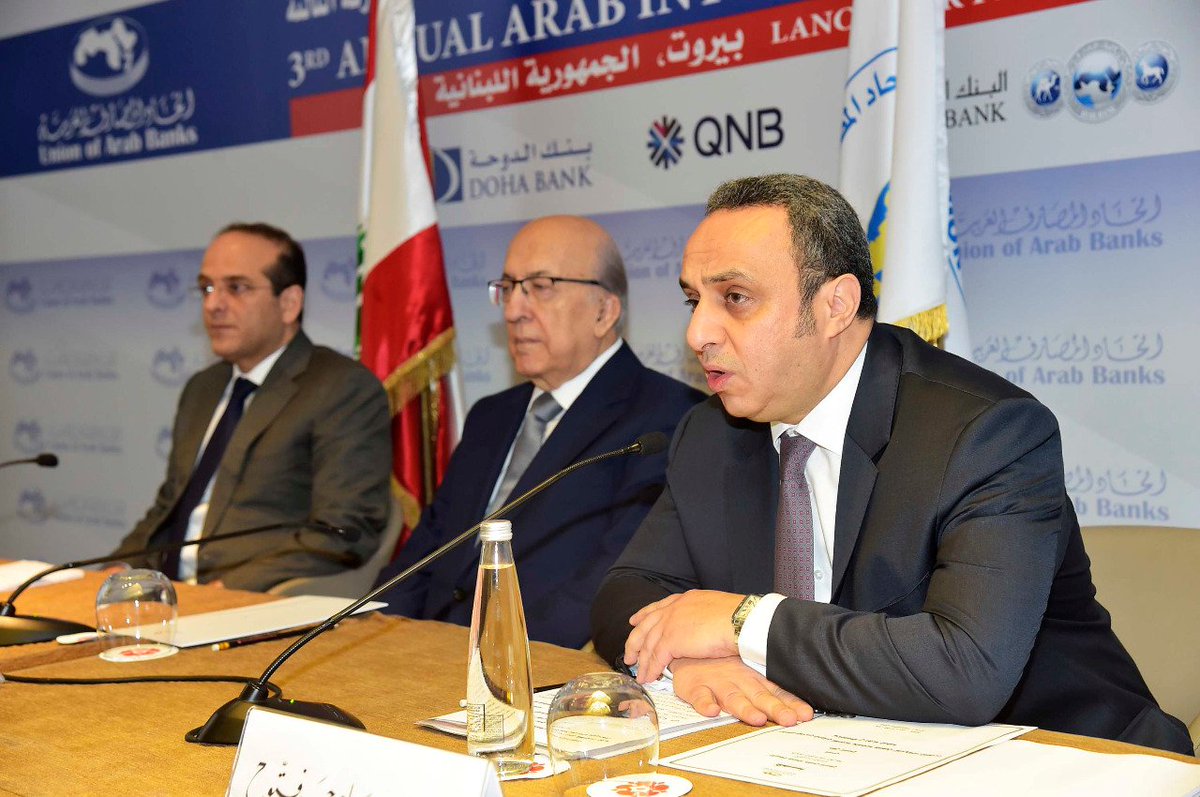
Please tell us more about your role as Secretary General of the Union of Arab Banks and what are its day to day challenges?
The aim of the Union of Arab Banks is to develop and advance banking and financial markets in addition to the cross-border relations and exchange of expertise with its international counterparts.
Can you please tell us how this is being achieved?
The main objective of the Union of Arab Banks (UAB) is to strengthen ties and cooperation among Arab banks, develop banking and finance in Arab countries, and increase the effectiveness of the role played by the Arab banks and financial institutions in promoting economic and social development. UAB also seeks to be an essential support for the joint Arab economic work, and become a cornerstone in raising the Arab banking and financial industry to higher professional level.
UAB’s activities focus mainly on performing research, studies and guidelines for its member banks, as well as increasing the scope of activity related to its regulatory requirements; in addition to communicating with international regulatory authorities, central banks and institutions.
UAB has obtained significant international and regional reputation in recent years, and established partnerships with international institutions, including the World Bank, the
International Monetary Fund, the G20, the US Federal Reserve, the FATF, Reuters, the Arab League, the European Union and China.
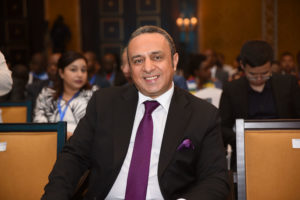 UAB keeps pace with economic, financial and banking developments, globally and regionally. Accordingly, we currently pay great attention to two key issues. The first is the rapid developments in financial technology and its effects on Arab banks and their customers as well as regulators and the future of banking services. In this regard, UAB has held a number of conferences and specialized forums that brought together regulators and bankers to discuss how to follow up the revolution in financial technology.
UAB keeps pace with economic, financial and banking developments, globally and regionally. Accordingly, we currently pay great attention to two key issues. The first is the rapid developments in financial technology and its effects on Arab banks and their customers as well as regulators and the future of banking services. In this regard, UAB has held a number of conferences and specialized forums that brought together regulators and bankers to discuss how to follow up the revolution in financial technology.
The second issue is sustainable development and banks which can participate in the United Nation’s plans to achieve the Sustainable Development Goals (SDGs). Therefore, UAB has undertaken several activities related to financial inclusion, including SME financing and women empowerment.
What is your vision for the future of the Arab Economy?
Most Arab countries are facing considerable internal and external economic and financial challenges that restrict economic recovery. For instance, the continuous uncertainty in global oil markets represents a challenge for both Arab oil exporters and importers. In addition, the mounting trade wars between the United States and China and the tariff increases have threatened the recovery of the global economy, which eventually affects the Arab region. Moreover, some Arab countries also suffer from internal conflicts and security risks that hinder economic growth (Yemen, Syria, Iraq and Libya).
Many Arab countries actually suffer economic distortions resulting from lack of proper economic and financial planning, lack of economic diversification and heavy reliance on one sector; whether oil, gas, agriculture, or tourism, which are affected by global economic and financial cycles and shocks. What has worsened the economic and social situation further in the Arab region is the massive destruction caused by the eight years of wars, conflicts and political turmoil. It is estimated that 75% of the world’s refugees are from Arab countries, and the cost of destroyed infrastructure exceeded USD 400 billion, in addition to losses to the Arab GDP amounting to more than USD 300 billion since 2011.
However, despite this negative landscape prevailing in our region, some Arab countries have taken bold and very promising initiatives to transform challenges into opportunities and implement long-term transformational plans, particularly Saudi Arabia and Egypt، that have both adopted what is known as “Vision 2030”. These visions aim at changing the economic, financial, and social landscapes in these two countries and will allow them to become super regional economic powers, which will definitely benefit the entire Arab region.
How is the Union of Arab Banks helping to secure that vision?
UAB has the experience, knowledge and relationships that both Egypt and Saudi banks can benefit from in adopting their 2030 programs, and helping them in achieving their visions. Among the areas in which UAB can play a supporting role, are for example, issues relating to the financing of SME sectors, renewable energy, green economy, and more broadly; financial inclusion and financial culture, due to the fact that UAB has undertaken many initiatives in these areas. In particular, UAB has organized a large number of conferences, forums and specialized workshops related to these topics, in addition to performing a large number of reports and studies. UAB can indeed play an important role in promoting and raising the level of financial inclusion.
Moreover, UAB can play a pivotal role in promoting trade, investment and tourism; and can particularly assist Arab banks and financial institutions in identifying trade, investment and tourism opportunities available within the Arab world.
What is your advice for entrepreneurs in the MENA region?
Entrepreneurship is a significant factor for economic growth and development in the Arab region. We all have witnessed a considerable increase in startups over the past decade, mainly in the financial technology and e-commerce sectors. Therefore, we believe that these two sectors will represent great opportunities for entrepreneurs and will help in the creation of a considerable number of jobs in the Arab region.



